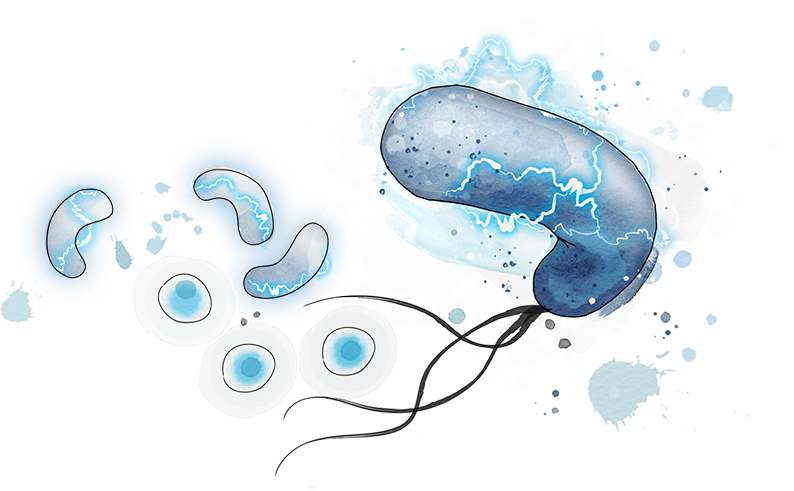Invited to speak at the United States Pharmacopeia on probiotics
Today our Principal Scientist, Dr. Marta Veses Garcia will present at the United States Pharmacopeia event.
The virtual event has attracted companies and academics from around the world with the purpose of exploring emerging technologies to improve probiotic, live biotherapeutic products and microbiome analysis.
It was an honor to be invited to speak and after the first day, it is clear there are a lot of exciting innovations happening to overcome some key challenges in this field. Here are some of the biggest needs that were raised.
- Simultaneous enumeration of viable cells and identification of strains
- Detection of contaminations
- Measurement of the metabolic quality of the strains
- Rapid and reliable methods
Many people have heard of qPCR, ddPCR and flow cytometry which are being applied in very exciting ways to study microbial communities. But you may not have heard of biocalorimetry and we think it’s a game changer. Why? Because we can enable solutions to all of above-listed needs:
- We tap right into the viability of cells by total measurement of metabolism
- Direct correlation between the biocalorimetric signal and CFU counting with minimal labor
- Identification of strains using their unique metabolic fingerprint
- Functional readout of the metabolic health of strains
- Results in hours instead of days
Biocalorimetry is a metabolic health tracker for your microbial culture. You hook your microbes up and as soon as they are connected you get a continuous readout of the metabolic activity. These metabolic readouts can give a wealth of information including quantity and viability of microbes.
However, one of the most interesting features of biocalorimetry is that the metabolic traces of microbes act as fingerprints that can also be used for accurate identification.
How do we do it? It’s quite simple really, we measure the heat that biological samples give off from metabolic processes. The concept has been around for a long time, but it’s only recently that we’ve had instruments sensitive enough to be able to detect the heat given off from small volumes of a microbial culture.
If this sounds like something that could be useful for you, please get in touch.

